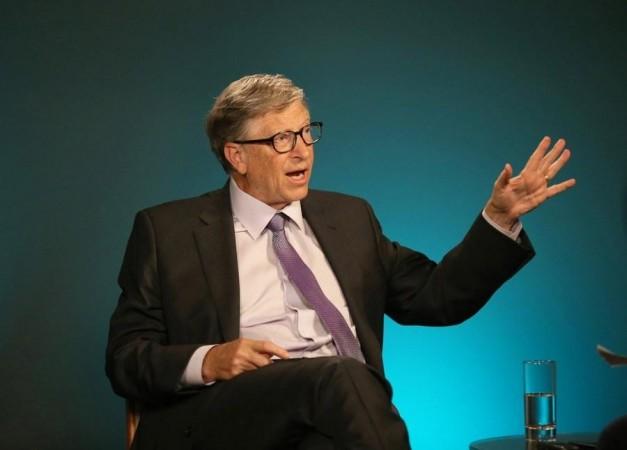As the world is slowly recovering from the negative effects posed by the Covid pandemic for three years, billionaire-philanthropist Bill Gates, during his visit to India has opined that the planet needs an early warning system against possible virus outbreaks.
Gates, co-chair and trustee of the Bill & Melinda Gates Foundation visited India to analyze the progress the nation made after the pandemic.

According to Bill Gates, an early warning system for virus outbreaks is equally important as faster diagnostics and vaccine production.
"The world has much to do on practice and surveillance. Sadly, the next pandemic could be far more fatal... this one killed over 20 million, mostly older people. You can have a pandemic that would kill hundreds of millions," said Gates, according to a Times of India report.
Gates further pointed out that governments all across the world are better prepared for a possible next pandemic, as they have learned a lot from the Covid outbreak.
In an interview with TOI, Bill Gates called India a "bright spot" of the global economy and added that the ruling government in India has many ambitious goals.
"Your economy, actually, is one of the bright spots in the world. You are suffering less of the inflationary pressures. You are not completely immune to it, but it's way less acute than in many other parts of the world, including Europe and in the United States right now," said Gates.
He added: "Your government has ambitious goals. We want to work with the government to get rid of lymphatic filariasis, visceral leishmaniasis, and to really start on getting the TB burden down pretty substantially. The health statistics are more than a glass half-full, but there's still plenty of work to do."
Bill Gates added that bioterrorism and nuclear weapons are the biggest threats the world is facing now.
"I am more afraid of nuclear weapons. I am more afraid of bioterrorism weapons. You know, the AIs we have today can write, they can help with a lot of things, but they are not weapons. Bioterrorism and nuclear are among the greatest concerns," he said.








